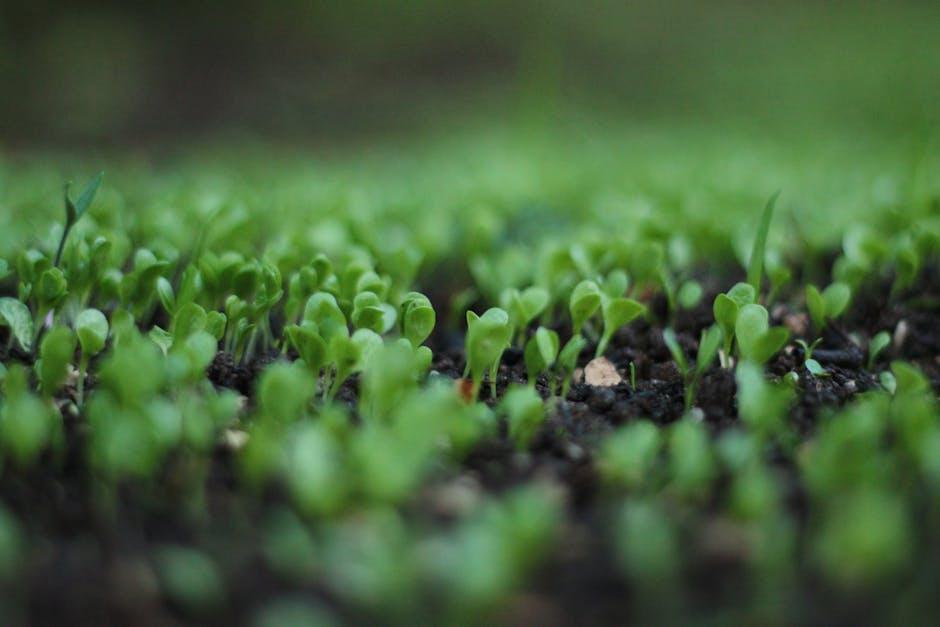Organic tree care practices are gaining popularity as people become more mindful of the environmental impact of traditional tree care methods. By utilizing natural, sustainable techniques, trees can thrive without the need for harmful chemicals or synthetic fertilizers. In this article, we will explore the benefits of organic tree care and provide practical tips for implementing these practices in your own backyard.
Organic tree care practices involve choosing organic fertilizers and amendments to nourish and improve the health of trees. By opting for natural products, you can avoid harmful chemicals that may harm the environment and wildlife. Organic fertilizers provide essential nutrients to trees without causing damage to the ecosystem.
Implementing natural pest control methods is crucial for maintaining healthy trees. By using beneficial insects, neem oil, and other organic solutions, you can effectively manage pests without resorting to toxic pesticides. These methods promote a balanced ecosystem and support beneficial insects that help keep pest populations in check.
| Benefits of Organic Tree Care | Choosing Organic Fertilizers and Amendments |
|---|---|
| Healthy Soil | Nourish and improve tree health |
| Sustainable Practices | Avoid harmful chemicals |
Q&A
Q: What are organic tree care practices and why are they important?
A: Organic tree care practices involve using natural and sustainable methods, such as composting, mulching, and pruning without chemicals. They are important for promoting healthy soil, biodiversity, and the long-term health of trees.
Q: What are the benefits of using organic tree care practices?
A: Benefits of using organic tree care practices include improved soil fertility, reduced chemical exposure for both humans and wildlife, and healthier, more resilient trees that are better able to withstand pests and diseases.
Q: How can organic tree care practices help to protect the environment?
A: Organic tree care practices help to protect the environment by reducing the use of harmful chemicals that can leach into the soil and water, harm wildlife, and contribute to air and water pollution. They also promote biodiversity and ecosystem health.
Q: What are some examples of organic tree care practices that homeowners can implement?
A: Homeowners can implement organic tree care practices by mulching around trees to retain moisture and suppress weeds, composting to improve soil fertility, and avoiding the use of synthetic chemical fertilizers and pesticides.
Q: Are there any potential drawbacks or challenges to using organic tree care practices?
A: Some potential challenges of using organic tree care practices include greater effort and time required compared to using chemical methods, as well as the need for ongoing monitoring and adjustment of techniques to ensure effectiveness.
Q: How can individuals learn more about implementing organic tree care practices?
A: Individuals can learn more about implementing organic tree care practices by consulting with local arborists or horticultural societies, attending workshops or classes on sustainable gardening practices, and researching reputable sources online or in books.
Conclusion
implementing organic tree care practices can benefit not only the health and longevity of trees but also the surrounding environment. By utilizing natural methods such as composting, mulching, and proper pruning techniques, we can promote the overall well-being of our trees while reducing our impact on the ecosystem. It is important to remember that each tree is a valuable asset to our planet and deserves the best care possible. By taking a more sustainable approach to tree care, we can create a healthier and more vibrant landscape for generations to come.
Simpsons Tree Services, Servicing Melbourne’s North Eastern Suburbs
Book a quote online at www.simpsonstrees.com.au




